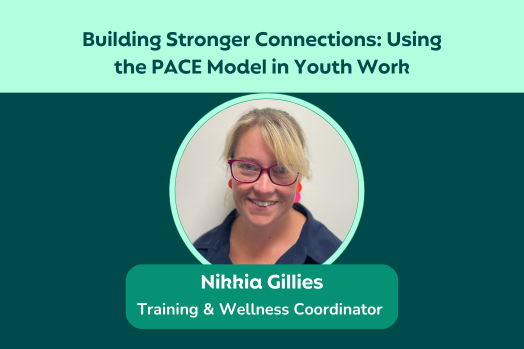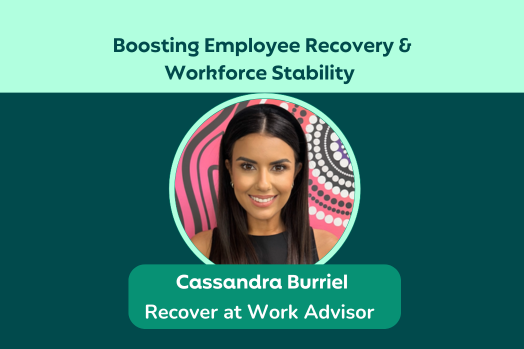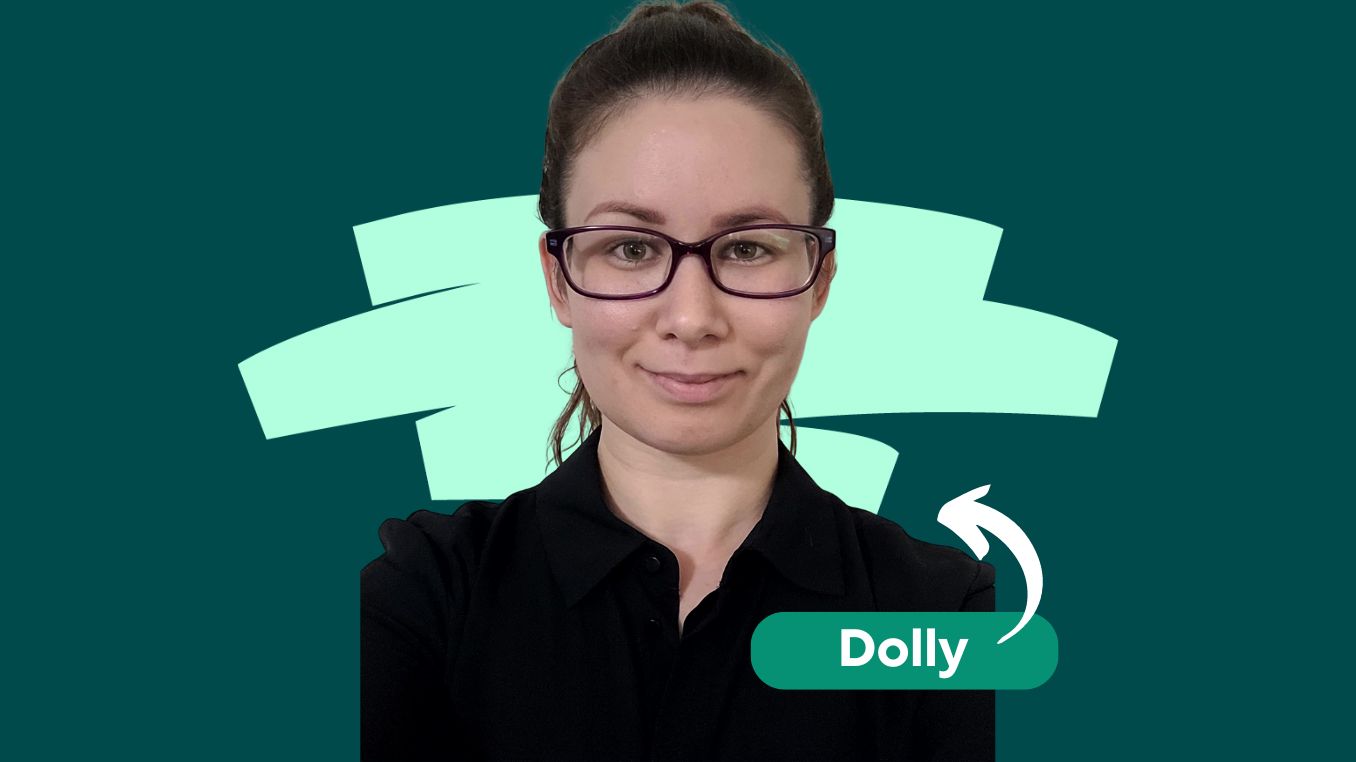Imposter Syndrome: What It Is and How to Overcome It
Ever started a new job and thought, “What am I even doing here?” Maybe you’ve found yourself feeling like you’re just pretending to know what you’re doing and that any day now, someone will call you out. If this sounds familiar, welcome to the world of imposter syndrome.
Imposter syndrome is that nagging voice in your head that tells you you’re not good enough, that you don’t deserve your achievements, or that you’re a fraud. It’s surprisingly common—especially in people who are high achievers or who care deeply about their work. And it can be particularly strong in sectors like community services, where the stakes feel high because we’re dealing with real people’s lives.
What Imposter Syndrome Looks
In the community services sector, imposter syndrome might show up in several ways:
Doubting Your Impact: You might feel like you’re not making a difference, even when your clients and colleagues assure you otherwise. It’s easy to downplay your efforts, especially when the outcomes of your work aren’t immediately visible.
Comparing Yourself to Others: You might see other support workers, coordinators, or team leaders and think, “I’m not as knowledgeable or experienced as they are.” It’s a classic case of feeling like you’re falling short, even though everyone has their own strengths.
Avoiding Opportunities: Maybe you shy away from stepping up for new projects or offering your input during team meetings because you’re convinced you’ll get found out as a fraud. You might think, “I can’t possibly be good enough to contribute here.”
Overcoming Imposter Syndrome in a New Role
When starting a new job, especially in community services, where every day can be unpredictable, imposter syndrome can hit hard. Here’s how to tackle it:
Recognise That It’s Normal: The first step is simply acknowledging what you’re feeling. It’s more common than you think, and the fact that you’re experiencing it doesn’t mean you’re failing. In fact, it often means you’re pushing yourself and growing.
Talk About It: Find a mentor, supervisor, or even a colleague to open up to about how you’re feeling. Chances are, they’ve been through it too. Sharing your experiences can help normalize the feeling and reduce its power over you.
Focus on What You’re Learning, Not What You Don’t Know Yet: When you’re new, you’re not supposed to know everything. The goal is to learn and grow into the role. Shift your focus from trying to be perfect to becoming better. Keep a journal of small wins and things you’ve picked up along the way.
Set Realistic Expectations: You’re not expected to be an expert on day one. Set achievable goals for yourself and celebrate when you hit them. Small steps lead to big changes.
Remember the Value of a Fresh Perspective: As a newcomer, you bring a unique point of view to the table. Your fresh eyes might notice things others have overlooked, or you might have insights that help improve processes. Don’t underestimate the value of being “new.”
Challenge Negative Self-Talk: Pay attention to your inner dialogue. Replace “I’m not good enough” with “I’m learning, and it’s okay not to have all the answers right now.” It’s a small shift but can make a big difference in your mindset.
Imposter syndrome can feel overwhelming, but remember, it doesn’t define you. It’s a sign that you care about your work and want to do well. With time, experience, and a healthy dose of self-compassion, those feelings will start to fade. In the meantime, be kind to yourself—you’re doing better than you think!
Edmen Community Staffing Solutions Blog










Edmen Community Staffing Solutions Blog





Edmen Community Staffing Solutions Blog

















